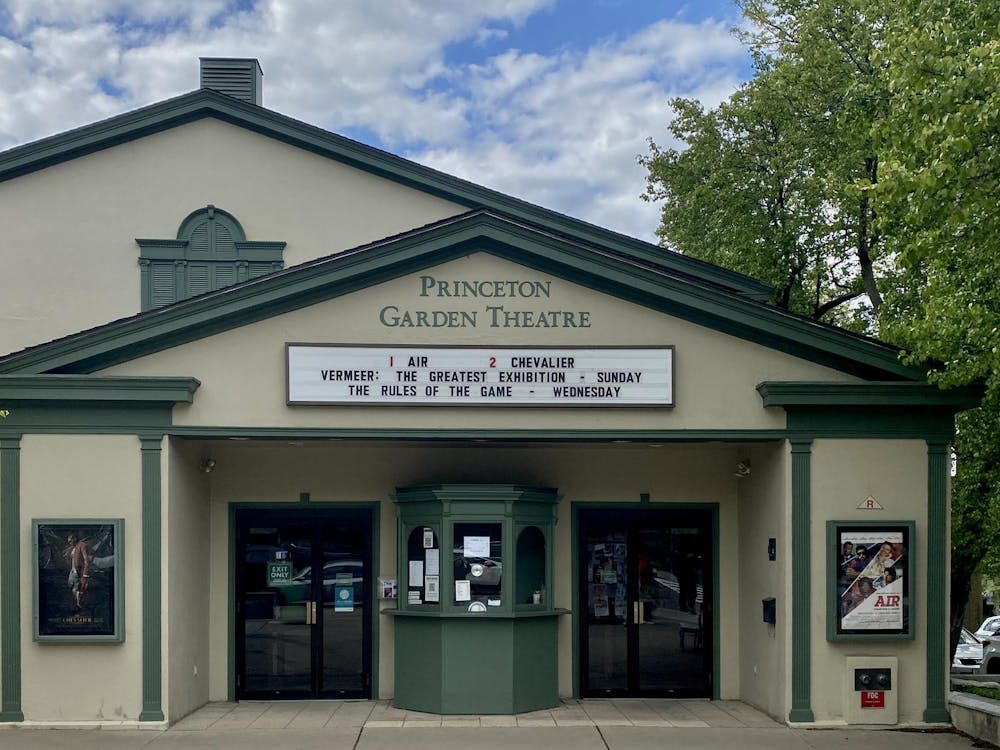I will always remember my very first midterms week at the University, staggering under the weight of work and despairing at the growing realization that I was desperately behind. One night is etched in my memory. Caught in a vicious cycle of being too stressed to sleep and becoming more stressed because I couldn’t sleep, I sat on the couch in my common room, alone, utterly exhausted, and wondering what I was doing at this school.
Why am I at Princeton? What is the purpose of my work in the first place?
On the most basic level, I wanted to do well in school so I could graduate and get a job to secure my future. But there was a deeper, more troubling line of thought — that my GPA was the measure of my success, and I needed to be successful because that was what I had built my identity on.
I’ve talked to many people who have had experiences similar to mine, and I don’t think that’s a coincidence. The culture within our Orange Bubble lauds academic excellence, often in a way that makes it easy to become consumed with our problem sets and papers. But is that even an accurate attitude towards work, let alone a healthy one?
To find out, I talked to a few alumni about their perspectives on academic work at the University. I figured that they had the benefit of hindsight and a few years’ distance to give them a more objective point of view. Their consensus on the purpose of academic work was clear: Our classes at Princeton should prepare us for our post-graduation plans, but more importantly, help us develop as people.
For Shawon Jackson ’15, the most useful outcome of his academic work was critical thinking skills and and set of skills to enter different communities. “Work will always be there,” he said. “It’s just a question of what is the actual output of your effort. If the output for me is not helping someone or drastically changing the situation, there’s no need to get stressed about it.”
Work is about so much more than proving to myself that I can get an A. It’s about embarking on an exciting intellectual exploration, and acquiring the tools to find answers to my questions about the world. It’s about growing in maturity and curiosity, learning to look at the way things are, and asking not only why things are there but how they can be changed. It’s about gaining the knowledge and skills to make an impact.
I would argue that it is possible to do all of these things and have a terrible GPA. Most of the time, focusing on intellectual exploration, rather than getting A’s, will have the positive effect of infusing our work with the genuine interest, excitement, and joy that lead to good grades. But this is not always true. One of our education system’s flaws is that its measurements of academic success do not always quantify the right things. Take failure, for example. Clearly, anyone who has never failed has never been challenged. Yet how many of us avoid the challenge of a difficult class for fear of hurting our GPAs?

What finally calmed me down that night in my freshman year was the realization that the problem wasn’t my imminent bad grades; instead, the problem was my relationship to my work. I had begun to see it as a measure of who I was, as opposed to a means to a greater end. That outlook didn’t change my performance in my classes — I still got the lowest grades I’d ever gotten. But it changed the way I view my work. I tried to choose classes based on pure interest and usefulness. I decided to audit a class so I could learn without having to worry about being evaluated. I started to attend talks from different departments, go to free workshops, linger for conversations with professors and classmates, read for fun. I let go of the premed track because it drove my focus on my GPA.
It’s been a struggle to maintain this attitude towards work and I have often failed, which is why I need a regular check in with myself.
Why am I at Princeton? What is the purpose of all of this work in the first place?
If I don’t like the answer, then I know it’s time for an attitude change.

Janelle Tam is a senior from Waterloo, Canada. She can be reached at jhtam@princeton.edu.







